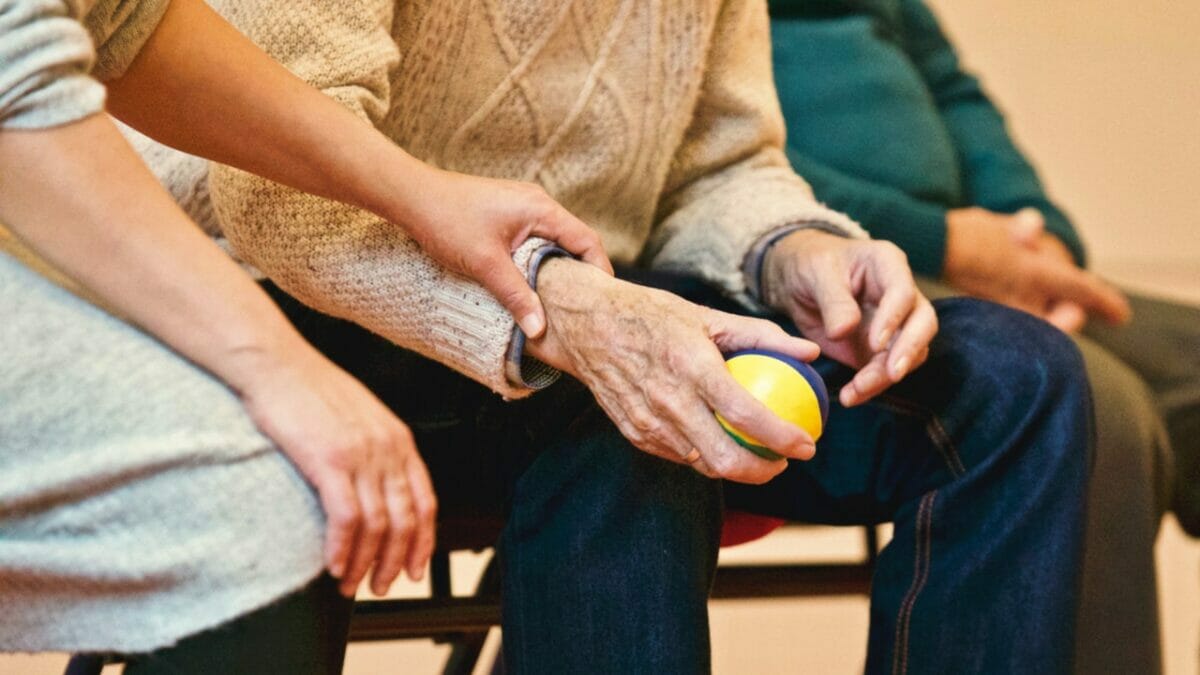Speaking of the roles of family nursing practitioners, we will never have the final list. There are many roles of family nurses and they definitely are one of the main hoops in the chain of medical workers including doctors and other practitioners. Family nurses are practitioners working in hospitals, clinics, and some other medical practices along with other medical workers in taking care of injured, sick, and healthy patients. The role of family nurses is increasingly important since loads of people struggle to get highly needed medical care. Most family nurses have advanced practice and are educated for the position they hold. Also, these practitioners contribute to the high-efficient and high-quality caregiving and are passionate about improving the patient’s health. To better explain what are the doings of family nurses, here are a couple of things you should know.
What Are the Tasks of Family Nurse Practitioners?
According to the definition, family nurse practitioners provide services to all people ranging from babies to seniors, and conduct some expertise such as well-checks, screening of the disease symptoms, administering treatments, and taking close care of the patient’s well-being. Family nurses are engaged in dealing with healthy patients, patients with diabetes and high-pressure symptoms, patients experiencing viral symptoms, and those suffering chronic diseases. On the other hand, family nurses do not get to treat critically-ill patients. Family nurses are essential providers and care providers.
Responsibilities of Family Nurse Practitioner
There are many family nurse responsibilities and some of the essential ones are to keep a track of the patient’s health history. Also, they are educated to perform physical exams and observe patient symptoms. One of their responsibilities is to order the tests and read the analysis results and make the diagnosis based on the physical and mental health conditions. Even though it seems like the doctor’s thing to do, family nurses have the responsibility to prescribe the medications and track the symptom changes. Family nurses are also in charge of healthy nutrition, exercise, and giving useful pieces of advice regarding lifestyle habits. However, to have all of these responsibilities and be titled the family nurse, you should upgrade the education from RN to FNP and, hence, be given more authority. Family nurses have the education and ability to work in private clinics or private practices, hospitals, physicians’ offices, and community clinics. In some countries, these nurses have the full authority to operate independently which means that they can operate entirely autonomously without the supervision of the physician.
Professional and Personal Skills and Characteristics of Family Nurse
Health nurse practitioners need to have a long list of professional and personal characteristics so that they can operate autonomously. In the first line, they need to have a strong balance and have the qualities in leadership, management, and communication. All of these abilities are obtained through extensive education and training and work on the spot so that the experience can be earned along the way. The core skills a family nurse needs to possess are communication and empathy. A nurse must have good strategies to communicate with the family of the patient and the patients themselves. This communication does not only refer to communication with patients but with their fellows as well, so having well-developed interpersonal relations is the thing on demand. Having good knowledge of technologies, how to keep the patient record, and how to handle medical machines is obligatory. Leadership, organizational skills, critical thinking, and decision-making are also the top priorities on the list.
Besides some professional characteristics, there are some personal qualities that you need to possess in order to be qualified as a family nurse. Firstly, you need to be compassionate and take into consideration your patients’ needs and beliefs. Qualities a good family nurse has are teamwork and detail orientation. If operating alone, then you need to be independent and make autonomous decisions, and be able to handle the situation without any assistance. Besides this, resourcefulness and developing detailed plans, and making detailed research are something you should be specially focused on. And, in the final line, you must have resilience and be able to operate under huge pressure, stress, and tight time limits.
Family nurses are one of the essential parts of the team of medical workers. To this end, there are many responsibilities they should handle varying from screening and recording a patient’s well-being to tracking the symptoms and giving them proper treatment. Also, with the family nurse degree, nurses are enabled to operate autonomously and work on their own without the supervision of a doctor or physician.
